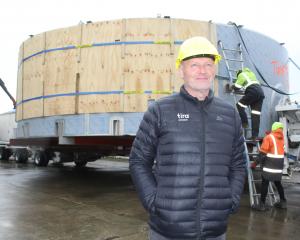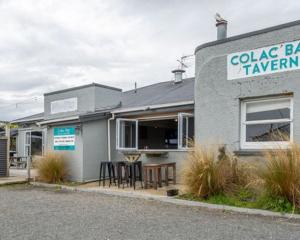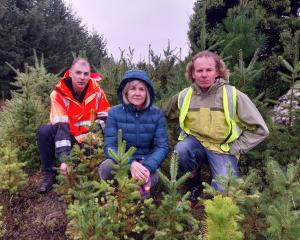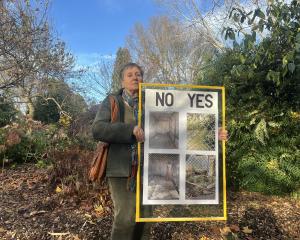
SpaceOps New Zealand founder and chief executive Robin McNeill was last night awarded the inaugural Prime Minister’s Space Prize for Professional Excellence.
Prime Minister Christopher Luxon said the award was created to showcase the depth and breadth of talent in New Zealand’s dynamic space and advanced aviation sectors.
"Robin’s knowledge, energy and commitment have contributed to the development of New Zealand’s space industry.
"His efforts over many years have delivered significant advancements and capability that will continue to support industry growth and outcomes for New Zealanders."
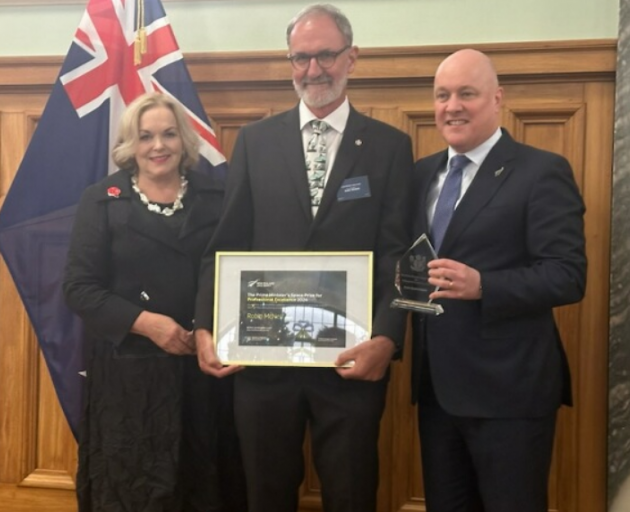
"Everyone's interested in the rockets and the astronauts, sometimes the satellites, but the antennas on the ground are the bit that never really — for obvious reasons — gets looked at.
"We've got an opportunity here to say for my team in Space Ops New Zealand, and also my colleagues around the world — ‘Here's the ground segment on show. We're in the limelight and that's pretty neat’."
Mr McNeill received $100,000 and he planned to invest in "electronic toys" which he would not have the courage to buy or probably his wife would not let him invest in due to expensive cost, he said.
While the prize was meant to be for him, he believed his team would also benefit from the radio test equipment which he would invest in as it could be "used for all sorts of things".
Mr McNeill said they had been pretty busy at SpaceOps, with a lot of work — which included building eight new antennas since July as well helping Niwa to build another one.
He believed next year would also be an important year for the organisation as it would expand its operations even further.
"We expect to continue building and taking on new customers, but also we intend to use our own antennas to support some fairly important launches.
"So instead of just providing the antennas, we actually [will] provide services for the people using antennas and we've got research projects going on which work out where the spacecraft go up, work out the high precision, what the orbit is, so other people can point their antennas at the same spacecraft. That's really important after launch."
Mr McNeill dedicated the prize to his team as well to Great South and Southland’s councils who gave them the confidence for their work.
He believed it was "not too fantastic" to say that Invercargill would become the space capital of the country.
"We've brought two American space companies to have offices in Invercargill and Invercargill is on the International Space Community map better than Wellington.
"Here is a real chance for the Southlanders to recognise what we've got — the gem we have at Awarua."

